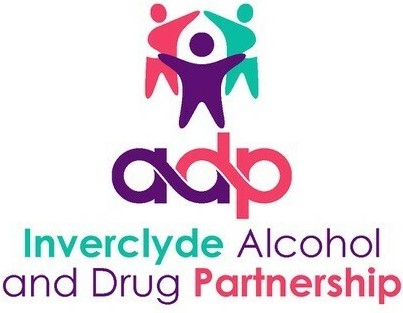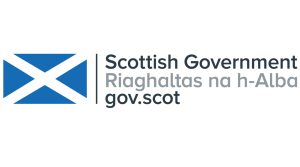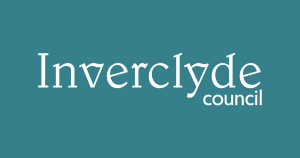Contact Us
- Inverclyde HSCP, Banking Hall, Municipal Buildings, Clyde Square, Greenock, PA15 1LY
- 01475 715365
- ADPartnership@Inverclyde.gov.uk
Website created by Tweetiepie Media
Useful links
Sign Up
If you would like to receive updates from the Inverclyde Alcohol and Drug Partnership regarding upcoming opportunities, latest news or developments please share your email address here.






